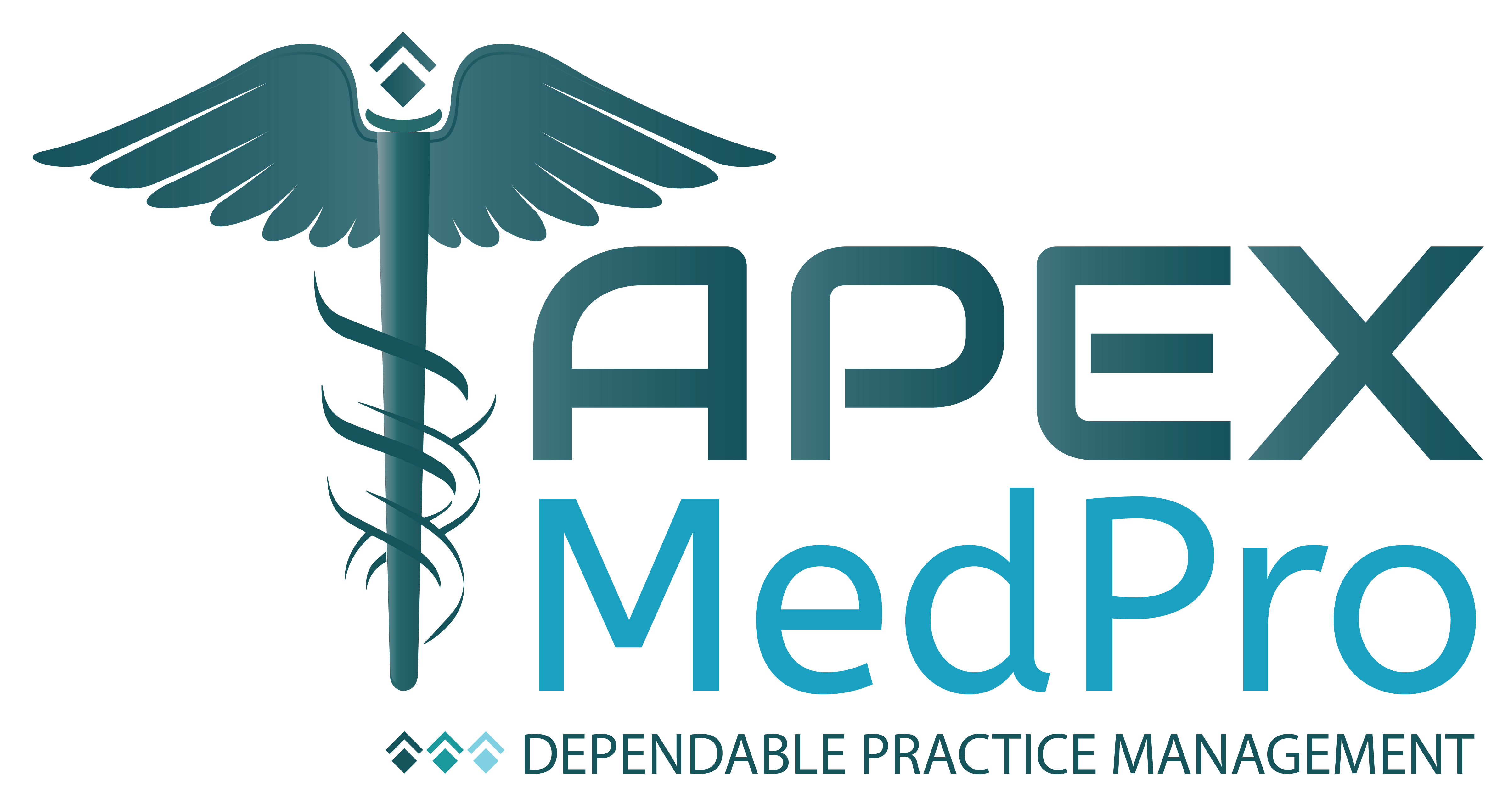Introduction:
In today’s complex healthcare landscape, revenue integrity plays a critical role in the financial success of healthcare organizations. Effective medical billing practices are essential for maintaining revenue integrity, ensuring accurate reimbursement, and maximizing financial performance.
This blog post aims to delve into the role of medical billing in revenue integrity, exploring its significance, challenges, and best practices for optimizing revenue in the healthcare industry.
- Understanding Revenue Integrity:
Revenue integrity refers to the process of ensuring that healthcare providers receive appropriate and accurate reimbursement for the services they provide. It encompasses various activities, including charge capture, coding accuracy, claims submission, denial management, and compliance with regulatory guidelines. Revenue integrity aims to optimize revenue while maintaining ethical and legal practices in healthcare billing.
- The Importance of Medical Billing in Revenue Integrity:
Financial Sustainability:
Accurate and efficient medical billing practices are crucial for the financial sustainability of healthcare organizations. Timely and accurate reimbursement enables providers to cover their costs, invest in advanced technologies, attract and retain qualified staff, and deliver high-quality patient care.
Compliance:
Medical billing plays a pivotal role in maintaining compliance with regulatory requirements, such as the Health Insurance Portability and Accountability Act (HIPAA), the Affordable Care Act (ACA), and the Centers for Medicare and Medicaid Services (CMS) guidelines. Failure to comply with these regulations can lead to penalties, fines, and reputational damage.
Avoiding Revenue Leakage:
Inefficient billing practices can result in revenue leakage, where healthcare organizations fail to capture or maximize revenue due to coding errors, missed charges, denials, or non-compliant billing practices. By implementing robust billing processes, providers can identify and rectify potential revenue leaks, ensuring they receive the full reimbursement they are entitled to.
- Challenges in Medical Billing and Revenue Integrity:
Evolving Regulatory Landscape:
The healthcare industry is subject to ever-changing regulations and reimbursement policies. Staying updated with these changes and adapting billing processes accordingly can be a challenge for healthcare organizations, requiring ongoing training and education for billing staff.
Complex Coding Systems:
Medical coding, such as Current Procedural Terminology (CPT) and International Classification of Diseases (ICD) coding, is a critical aspect of medical billing. These coding systems are highly intricate, with frequent updates, and require skilled coders who understand the nuances and ensure accurate code assignment.
Denial Management:
Claim denials can significantly impact revenue integrity. Identifying the root causes of denials, appealing when appropriate, and implementing proactive measures to reduce future denials require dedicated resources and expertise.
- Best Practices for Optimizing Revenue through Medical Billing:
Robust Documentation:
Accurate and detailed documentation of patient encounters, diagnoses, treatments, and procedures is essential for correct coding and billing. Encouraging healthcare providers to document thoroughly and train them on proper documentation practices can enhance billing accuracy.
Ongoing Staff Training:
Regular training sessions and educational programs for billing staff are crucial to stay updated with coding changes, regulatory requirements, and industry best practices. Continuous learning ensures that billing personnel are well-equipped to navigate the complex billing landscape.
Technology and Automation:
Leveraging advanced healthcare technology and billing software can streamline billing processes, reduce errors, and enhance efficiency. Automation tools can assist in claim submission, eligibility verification, coding accuracy checks, and denial management, thereby improving revenue integrity.
Regular Audits and Monitoring:
Performing regular internal audits of coding and billing processes helps identify potential issues, ensure compliance, and detect revenue leakage. Implementing a comprehensive monitoring system enables early detection of errors or deviations from best practices, allowing prompt corrective actions.
Collaboration and Communication:
Effective communication and collaboration between billing staff, healthcare providers, and payers are vital for revenue integrity. Regular meetings, feedback sessions, and open lines of communication facilitate the resolution of billing-related issues, clarification of coding guidelines, and identification of opportunities for process improvement.
Conclusion:
In the ever-evolving healthcare industry, revenue integrity is paramount for the financial success of healthcare organizations. Medical billing plays a central role in ensuring accurate reimbursement and maximizing revenue. By implementing robust billing processes, staying compliant with regulatory guidelines, and adopting best practices, healthcare providers can optimize revenue, mitigate risks, and ensure financial sustainability while delivering quality patient care. Embracing technology, investing in staff training, and fostering collaboration are key steps toward achieving revenue integrity in medical billing.

